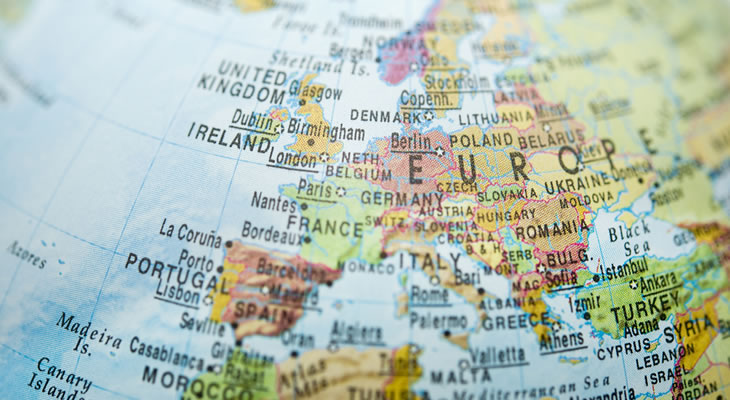GBP/EUR Exchange Rate Muted as Brexit Remains in the Limelight
The Pound to Euro (GBP/EUR) exchange rate is subdued this morning as ongoing Brexit uncertainty tempers demand for Sterling.
At the time of writing the GBP/EUR exchange rate is trading at €1.0977, virtually unchanged from this morning’s opening rate.
Pound (GBP) Vulnerable to Losses as Brexit Hopes Fade
The Pound (GBP) is stuck licking its wounds this morning as growing Brexit uncertainty looks to keep the pressure on Sterling sentiment.
This comes as the latest rhetoric from Downing Street suggests that talks are ‘over’, with Boris Johnson referring to the ‘Australia solution’, also more commonly known as a no-deal Brexit.
Peter Chia, Senior FX Strategist at UOB Group, comments:
‘UK PM Boris Johnson has claimed there will be no more trade and security talks with the European Union (EU). “Unless there’s a fundamental change of approach, we’re going to go to the Australia solution, and we should do it with great confidence.”
‘Boris Johnson’s posturing towards a ‘no-deal’ is a clear negative on the GBP. Sentiment on the currency is already dented by a new wave of coronavirus infections across the UK. So, until an eleventh-hour deal, the risk is still to the downside of GBP.’
Further limiting the appeal of the Pound this morning are concerns over the UK’s coronavirus situation, with Greater Manchester poised to enter tier three restrictions, while speculation of a second lockdown grows after Wales announced a two-week ‘firebreak’ lockdown on Monday.
Euro (EUR) Capped by Coronavirus Concerns
At the same time, support for the Euro (EUR) is limited this morning as Europe’s coronavirus resurgence still shows no sign of slowing.
As governments step up their efforts to control the outbreak and with millions of Europeans facing strict new coronavirus restriction, EUR investors are growing increasing concerned by the economic impact of these measures.
These concerns were highlighted by European Central Bank (ECB) President Christine Lagarde, in a speech made on Monday, in which she raised concerns of a slowdown in the Eurozone economy due to the second wave of coronavirus infections.
This in turn is stoking expectations that the ECB will be forced to ease its monetary policy again by the end of the year, with the bank potentially even taking some action at next week’s policy meeting if the situation continues to deteriorate.


Comments are closed.